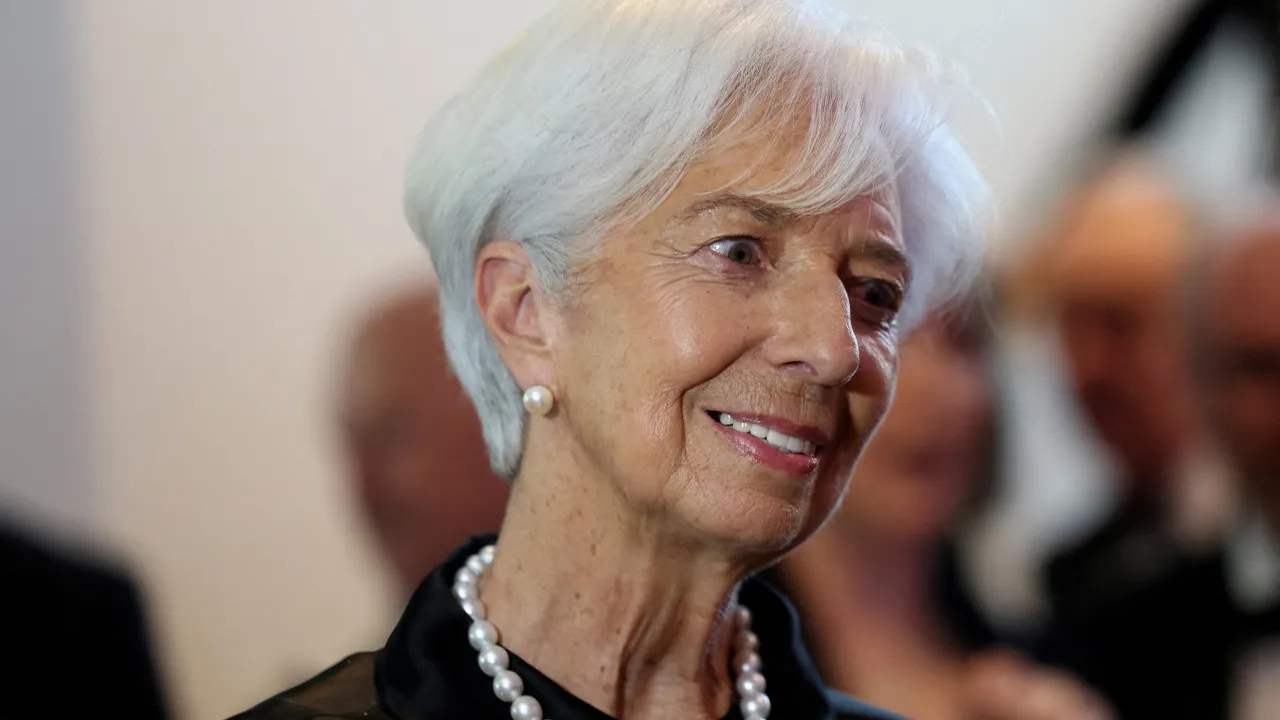
The documentary “Coro” was produced to commemorate the 60th anniversary of the creation of the Gulbenkian Choir, complementing two other films about the Gulbenkian Orchestra, titled “Soma das Partes” by Edgar Ferreira, and about the now-defunct Ballet Gulbenkian (1965-2005) titled “Um Corpo que Dança” by Marco Martins.
In response to a proposal from the Calouste Gulbenkian Foundation, director Edgar Ferreira, who is also a producer at Galope Filmes, delivered a multifaceted portrait by juxtaposing testimonials from choir members with a selection of historical archive footage.
In the opening minutes of “Coro,” athlete Jaime Bacharel is seen training for a triathlon, only to later appear in a rehearsal room as one of the one hundred members of this vocal ensemble, founded in 1964 at the initiative of Madalena Azeredo Perdigão, then director of Gulbenkian’s Music Service.
“I was curious: how is it that, even with the international reputation of the Gulbenkian Choir, the members are not full-time musicians? They work eight-hour days in another profession, then come here for additional hours of rehearsal in the name of a shared passion,” said Edgar Ferreira in a statement to the Lusa news agency.
Jaime Bacharel was among the choir members who agreed to share his experiences during the film’s production, explaining how he balances his various professional paths between athletics and music.
Joining him are Aníbal Coutinho, a winemaker; Mariana Moldão, a speech therapist; Lucília de Jesus, who left secretarial work to study music; and Luís Miguel Pereira, a doctor for whom the choir is “a balm.”
Edgar Ferreira aimed for a “more human” perspective for this film, though historical elements are present, including archive footage of performances and references to conductor Michel Corboz, who led the choir for 52 years, from 1969 to 2021.
José Bruto da Costa, a choir member and musicologist, provides the historical context of the Gulbenkian Choir’s formation, noting that it has remained semi-professional to this day, perhaps giving it its “personality”—the fact that “the choir members have a life beyond the choir.”
The individuals featured in the film exemplify this diversity of experiences. Marisa Figueira, a music teacher, states that the “Gulbenkian Choir is nourishment after a day’s work,” while nurse Rui Miranda admits that rehearsals and concerts help him “disconnect from the chaotic rhythm of an emergency room.”
Edgar Ferreira had previously made a documentary about conductor Michel Corboz, whose journey intertwined with that of the Gulbenkian Choir, prompting a focus on the choir’s current dynamics.
“Coro” will premiere in theaters on Thursday in Lisbon, Porto, Vila Nova de Gaia, Coimbra, Viseu, and Funchal, with special sessions planned in the capital on Friday and Sunday, featuring appearances by the director and some choir members.
Related:




